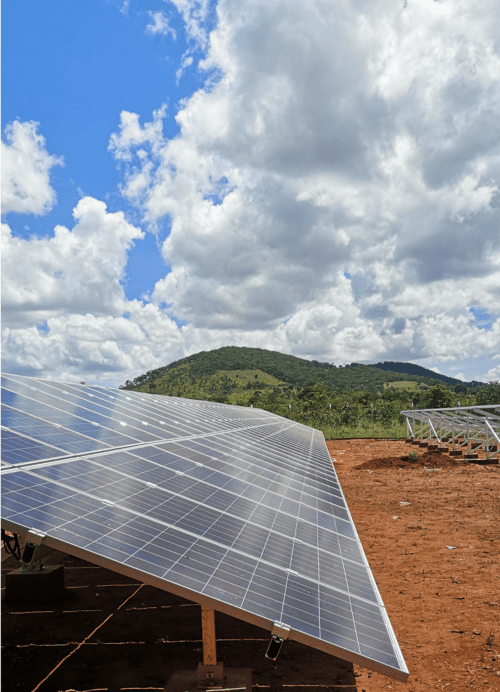Government of Malawi
Government of Malawi

Currently only 11% of Malawi has access to electricity. With a population of 18 million people, of whom 83% live in rural areas, Malawi had a gross domestic product of $5.4 billion in 2016. This makes it one of the poorest countries in the world.
There is an urgent need for energy sector development to underpin social, economic, and environmental development goals. Energy access remains a major challenge; it has a direct impact on poverty eradication, climate change, health, water, and economic transformation. Malawi has an abundance of resources with which a sustainable energy sector could thrive. Ending energy poverty and ensuring that no country or person is left behind must become a priority for all stakeholders to achieve the 2030 Agenda for Sustainable Development (ASD).
A clear roadmap, shared by key stakeholders, can raise funding from a range of sources and drive rapid change in the power sector.
Malawi can make rapid progress by adopting a clear plan and building on intensive work across the sector in previous years. Getting a few key projects commissioned—including solar photovoltaic plants, such as those in Salima, Nkhotakota, and Kanengo—will create a positive feedback loop, helping to de-risk the sector and attract further funding. Public funding and subsidies will continue to be required for some sectors, while government guarantees and climate finance can leverage funding from commercial sources to reach Malawi’s goals.
This study identifies a few key actions that can unblock the sector and drive rapid development.
Leadership from government, development partners, and investors can drive rapid progress. Improving planning, driving cost reductions, blending finance, de-risking the sector, and strengthening institutional frameworks will unlock further finance, in a self-reinforcing cycle. Following this pathway, Malawi can get on track to achieve national goals and put in place the energy infrastructure for development.
RMI would like to thank both Rita Ruohonen (UN-OHRLLS) and Thokozani Malunga (Department of Energy Affairs) for their contributions to the Malawi Sustainable Investment Study.
To see the outcomes of the validation workshop, visit the UN-OHRLLS event website.
For further reading and an alternative download link for the study, visit the Malawi Department of Energy Affairs website.